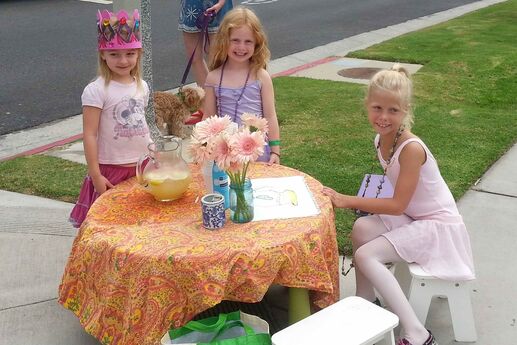The Top Toddler Playdate Tips

Those first toddler playdates can be so sweet (for kids and parents). What's not so sweet is when the fun suddenly morphs into a toddler tantrum and a fight over toys. Here, some must-know parenting advice to ensure that toddler play during playdates is as fun-filled and stress-free as possible for everyone involved.
When to schedule your first toddler playdate
Your child probably won’t start truly interacting with other kids until age 3. (Before this, you may find that toddlers sit side by side during playdates and do not actually engage with each other -- which is called parallel play.) Signs that your child is ready to play with a friend include being more aware of other people’s feelings (asking why another child is sad, for example) and showing curiosity about what her neighbor is doing or playing with. Keep in mind that at this age, your child probably hasn’t yet mastered the idea of cooperation and doesn’t have enough vocabulary to explain her frustrations. This means you should be ready to do damage control if tempers start to get out of hand during toddler play.
How to prepare for a playdate
Start by reaching out to the other's child's parents and setting some mutual goals for toddler play. Agreeing to keep the playdate short will help ease the frustrations that result when kids are overly tired or stimulated. Once you’ve scheduled the playdate, give your tot a heads-up. Tell her that Sally is coming over to play and that she’ll need to share her toys. Let her choose some special toys that can be put away, and not shared, during the playdate. Practice how to be a good friend by taking turns and sharing toys with your child -- it will help her understand these expectations.
What to do during the playdate
Once you’ve completed all your preparations, you’re ready for the big day! You'll want to stay in the room during the first playdate, but you don’t want to be overly engaged. Your job is not to direct toddler play but to be readily available if needed. If things do become heated, feel free to dive in. A simple explanation can work wonders: “Sally hasn’t had a chance to play with the doll yet. How about we set a timer for you to play with it for three more minutes, then you can give it to Sally.”
Keep in mind that there’s no such thing as a perfect playdate. Whether toddler play ends in hugs or tears, your child will still have gained valuable social skills that will set her up for future friendships.

